If your audio speakers quit working after it rains, it's a sign of a bigger problem. Should this be happening to you and you are seeking a solution, we can help you. We researched this problem from multiple professional sources, so you'll know what needs to be done to remedy the situation.
If your car speakers do not work after it rains, you are recommended to do the following:
- Find the source of the leak
- Have the leak repaired
- Remove any moisture from the speakers
- Check for and remove any moisture around wire connections
- Check the fuses
Now that we know the steps you should take if your car speakers stop working after it rains, we'll take a closer look at each one. You might also wonder what will make a car audio display stop working or cause the car speakers to stop working. To answer these questions and more, read ahead in this post to see what we've uncovered in our research.
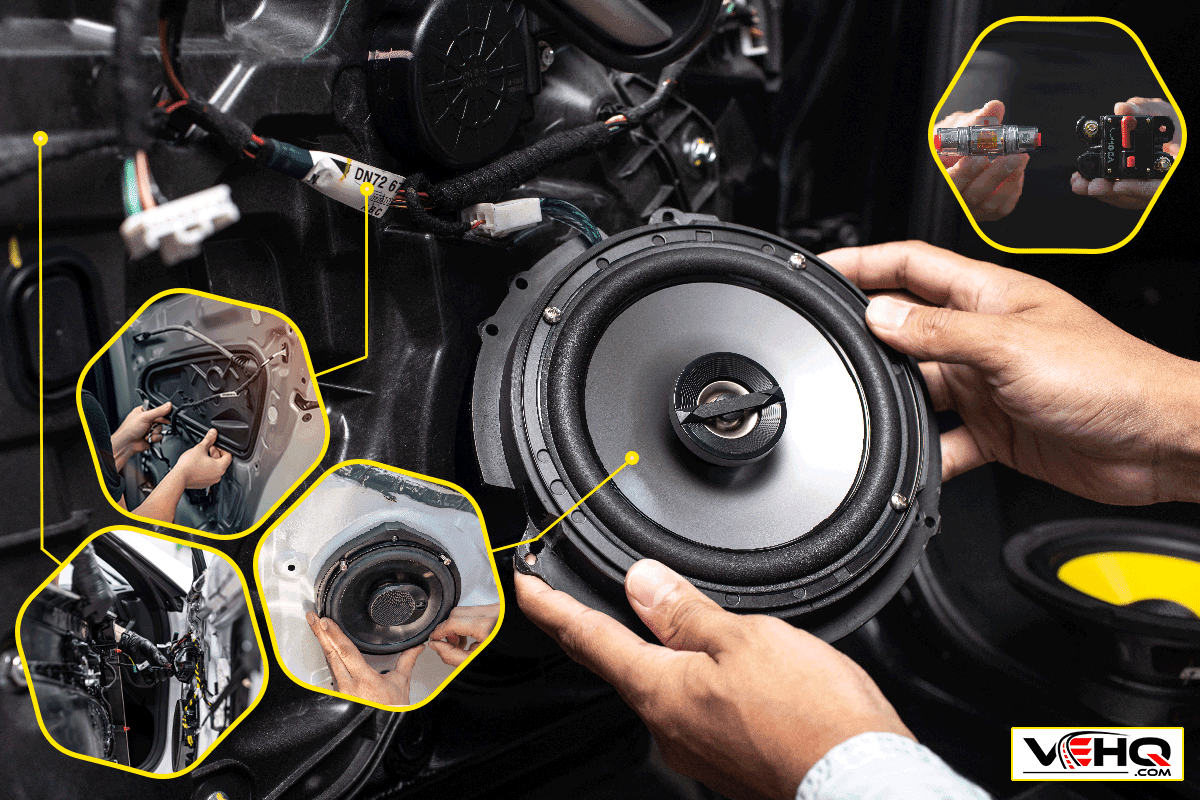
The steps you should take if your car speakers are getting wet
The speakers refusing to work after rain means there are bigger issues. Moisture shouldn't be getting into your vehicle and affecting your electronics. And if your speakers aren't working, you have a leak somewhere that needs to be quickly addressed.
Often, this will require the work of a trusted professional. But there are some things that you can attempt on your own. We encourage you to try the steps we outlined earlier in this post before approaching a mechanic or car audio installer.
Find the source of the leak
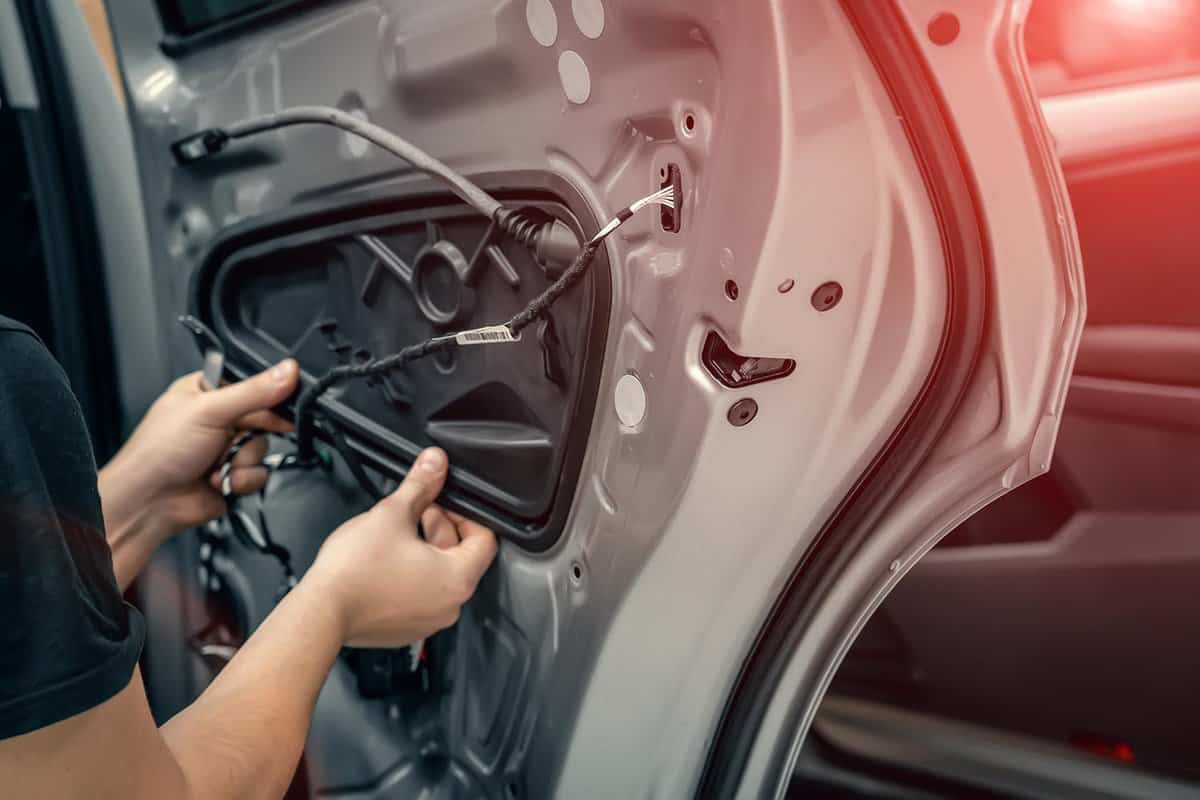
The first step is to find out where the water is coming from. It most likely won't be pouring into your vehicle from the outside. It will probably be from an almost unnoticeable source. But it will almost always be near the speakers themselves.
The seals around your doors should be carefully inspected. Blowing winds will spray rain through defective seals, which might impact your stereo or wiring. You should inspect the top for leaks if you have a convertible or Jeep.
Occasionally, the leak could be near the stereo itself. Check every possible source of moisture entry. If you cannot find one, you should consult the pros.
Have the leak repaired
Once the source of the moisture leak has been determined, you'll want to fix it as soon as possible. Depending on where the leak is coming from, you might be able to do this yourself.
You can easily replace a defective door seal on your own. Seals around the rear window or windshield would take a glass professional, however.
It doesn't do any good to diagnose the issue if you don't remedy the issue. The sooner you fix the leak, the sooner the problem goes away.
Remove any moisture from the speakers
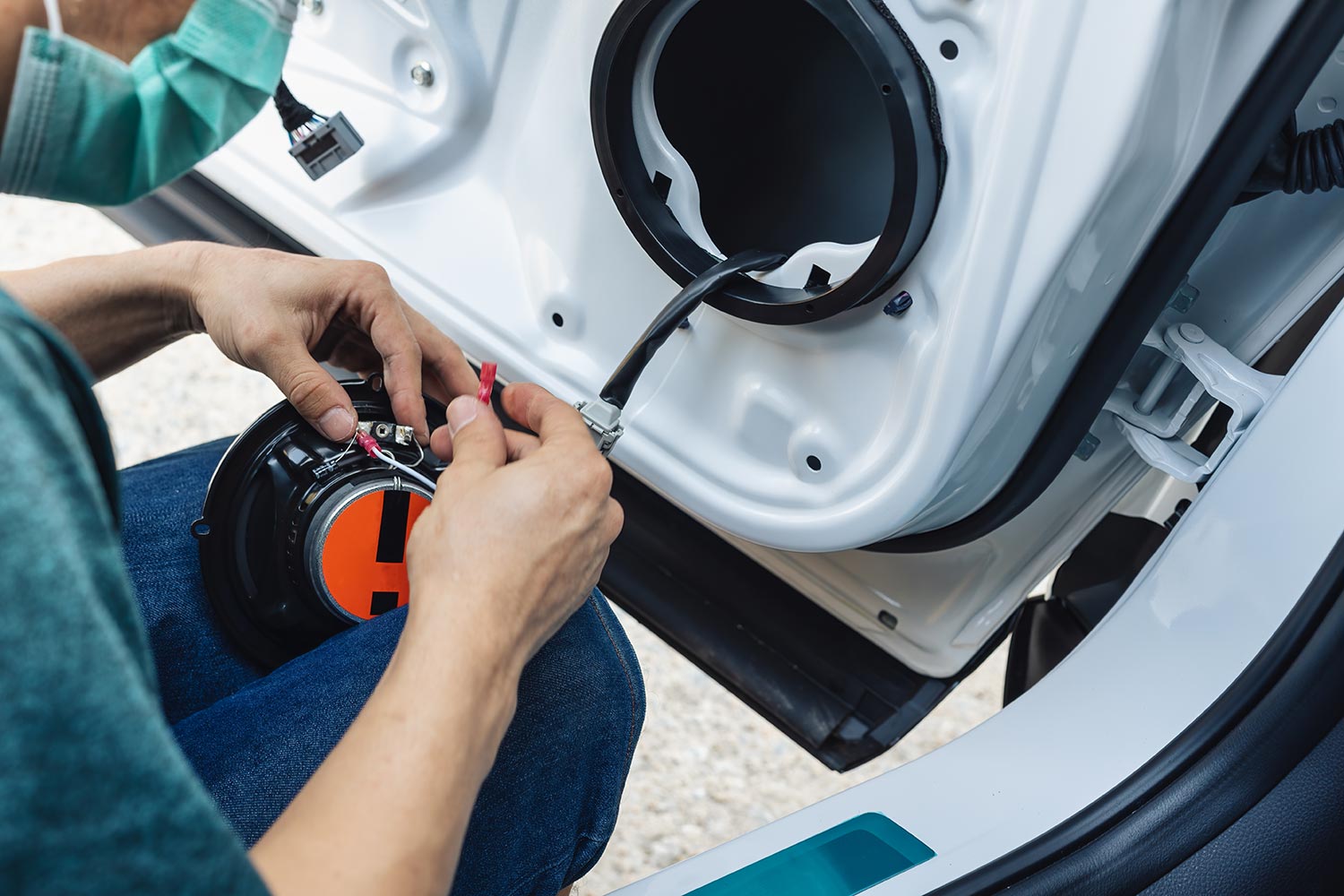
If you believe your speakers have been exposed to moisture, you should remove and inspect them. Gently shake the unit to get any excess water out. Any visible moisture should be removed with a soft microfiber cloth.
Compressed air and a small hand vacuum can remove any moisture you cannot reach. Do so carefully so you do not damage the electrical components.
Check for and remove any moisture around wire connections
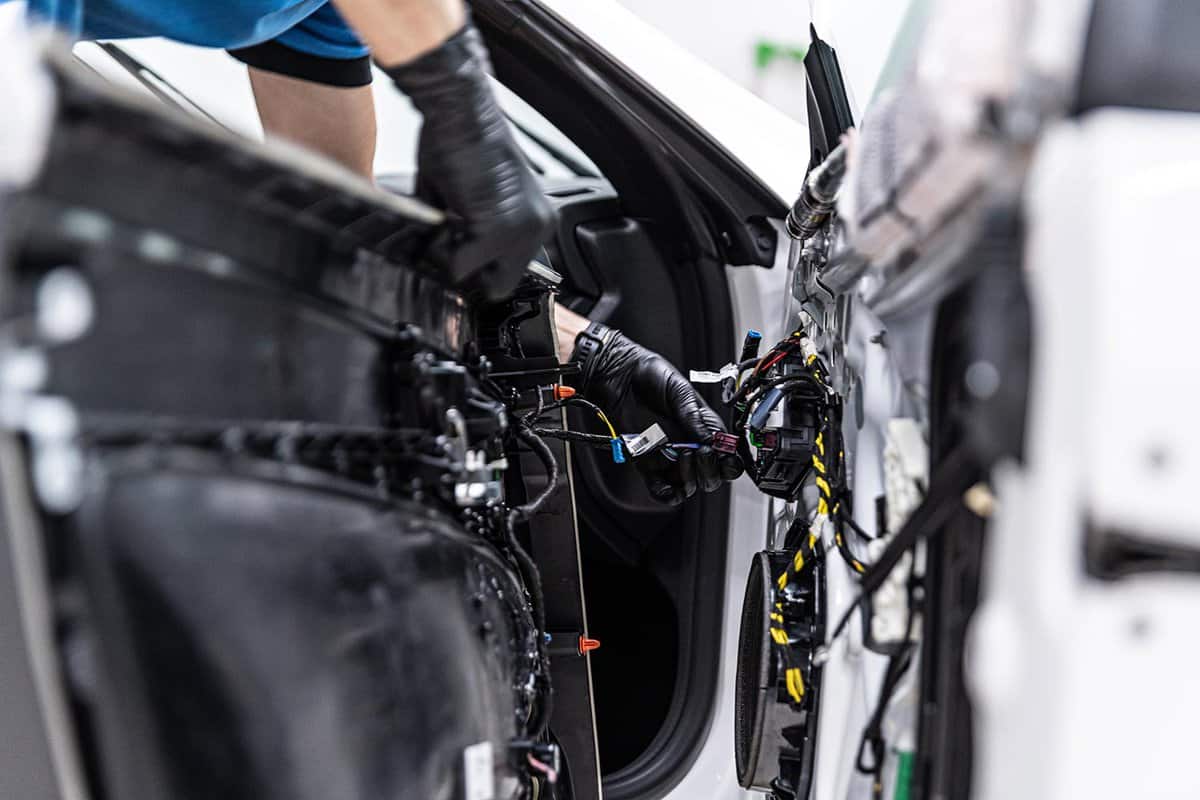
The moisture might have caused a short in your wiring. Check the speaker wire going into the speakers. Is it wet? Is it loose?
Carefully disconnect the wiring and check for any wetness. Dry any you find with a soft microfiber cloth. Reconnect.
Check the fuses
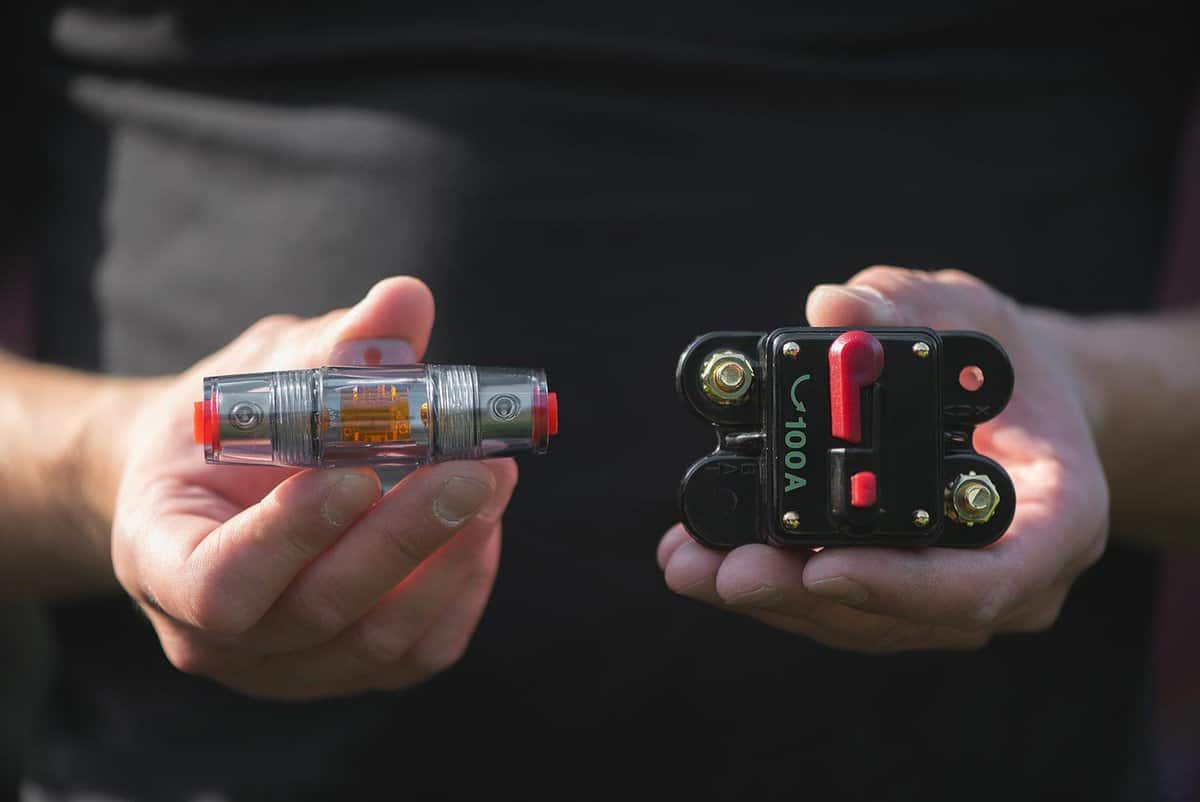
The car speakers will not have fuses. But the amp and the stereo will both have these little devices. There is a chance that the moisture shorted the fuses.
Locate the fuses on the amp and the stereo. Are they wet? If so, remove them and use compressed air to dry the impacted area. Replace the old fuses with new ones.
Why is my car audio display not working?
There can be several reasons why your car audio display isn't working. While some of them are common sense, a few might surprise you.
We've listed the most common causes of this issue. No matter the reason, you'll want to solve the problem as soon as possible.
Blown fuse
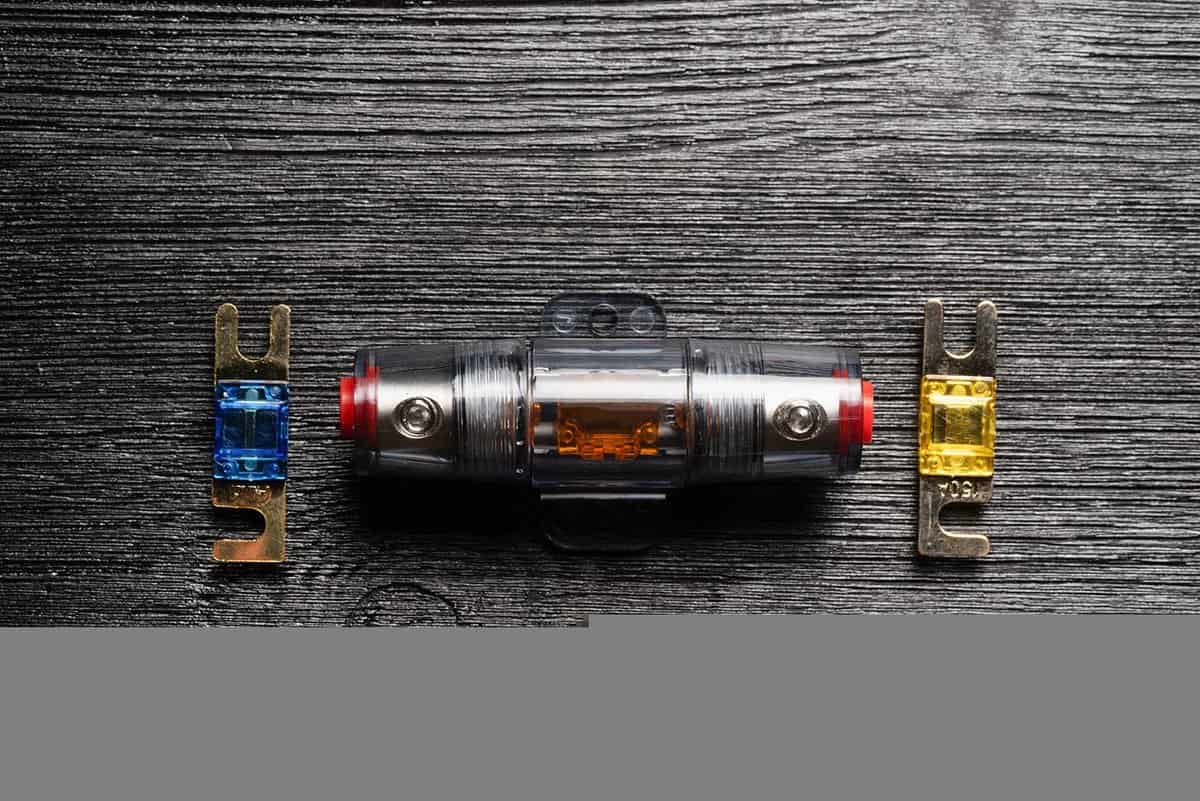
A blown fuse is one of the more common reasons your car audio display isn't working. This unit will have at least one fuse, which could be located in one of several places. They are installed on the back of the unit itself or on a control panel elsewhere in your vehicle.
Use your owner's manual to determine the location of the fuse. Exchange the old fuse for a new one. If your unit begins to glow again, you have found the problem.
Cold temperatures
Colder temperatures will sometimes have an impact on your electronics. If you have an LCD screen, temperatures well below freezing can make the display freeze. If this is the case, the unit will begin to work after it thaws.
Start your vehicle and allow time for it to warm up. This will slowly heat the display screen. In time, the LCD screen will begin to be visible again.
Bad connections
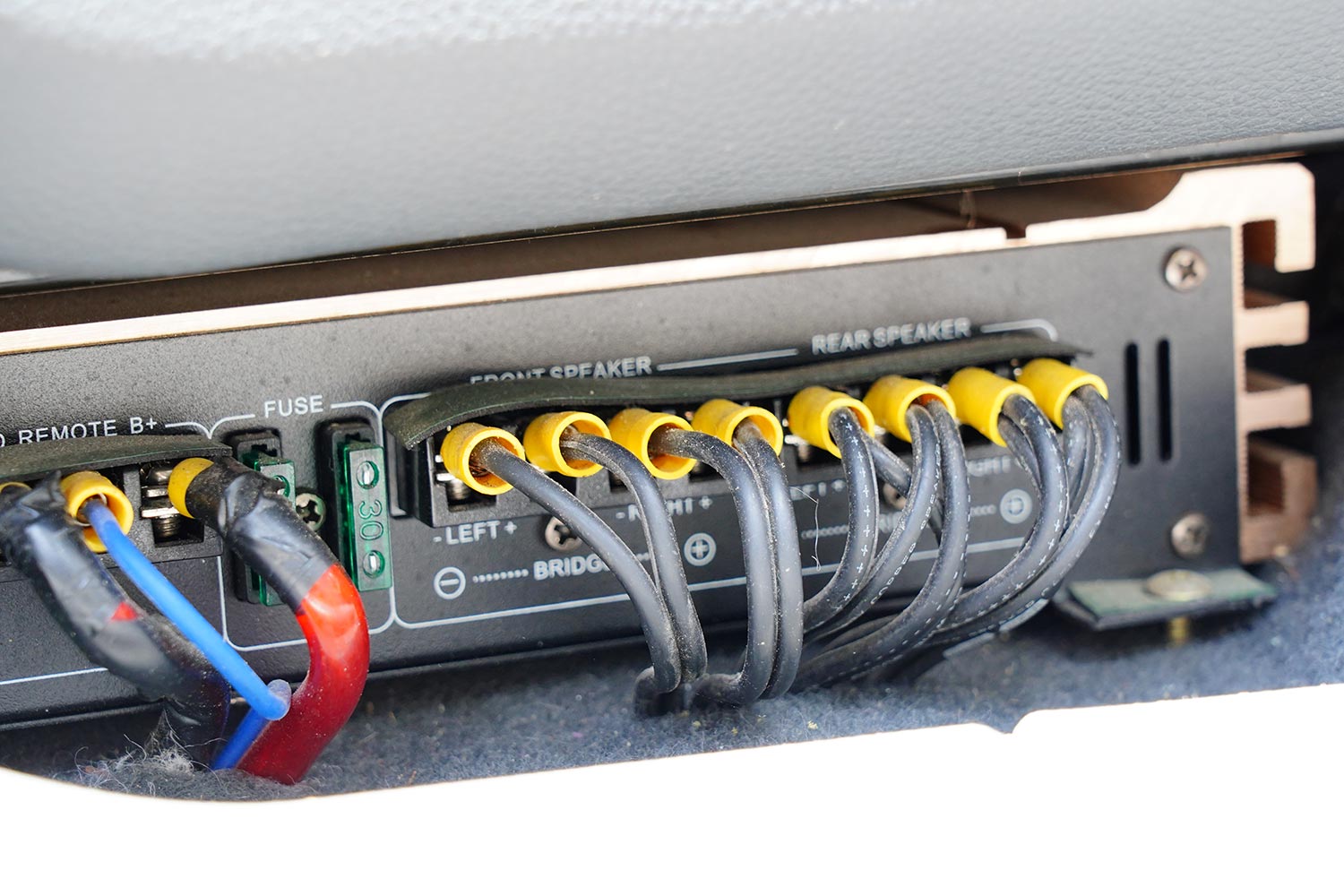
Loose wiring can also be a problem. If you check for this cause, you will need to remove the unit for a thorough inspection.
This might be something you would want a car audio shop to handle. But if you are adept at electronics, you should be able to remove the unit and inspect the wiring.
Check for loose wires coming into the unit. You will also need to check the wiring from the unit into the onboard computer. If there are any loose connections, these will need to be fixed before your audio display will work consistently.
Damaged display
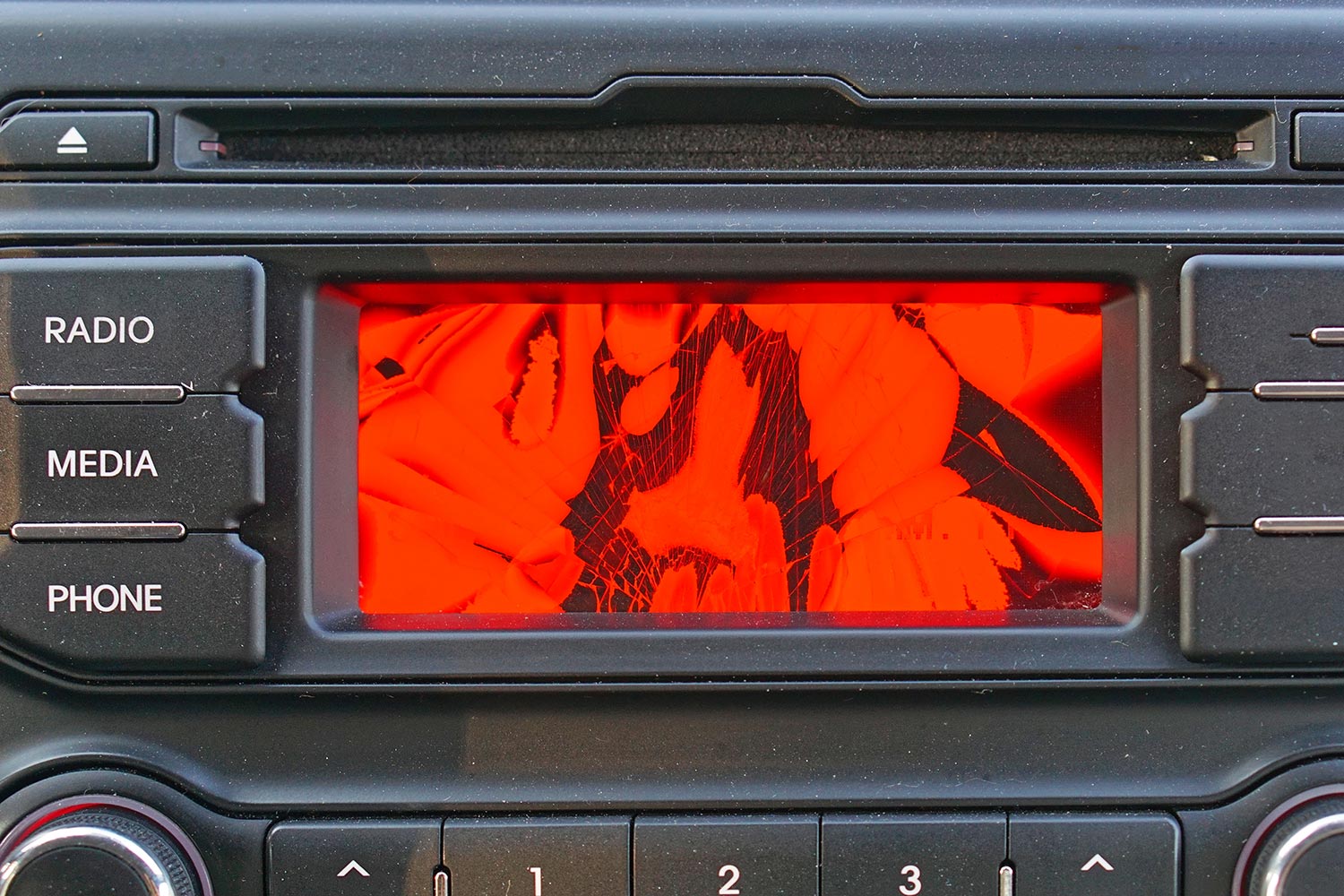
There is also a chance that your display is damaged. Defective displays are not too common, but they are known to exist.
The most common reason for display damage is a shock. If you or someone in your vehicle has struck the display, it could have damaged it.
In some cases, you can just replace the screen. But if the damage is too extensive, you will need to replace the entire unit.
You need to readjust the settings
Have you checked the settings? The brightness of the screen has multiple ways to adjust. Maybe it's the middle of the day, and you are starting at a screen that has had the brightness turned down. This should be an easy fix if it's the problem.
Adjust the settings to restore the brightness. You may have inadvertently turned it down the last time you drove. Or maybe someone else adjusted it without telling you.
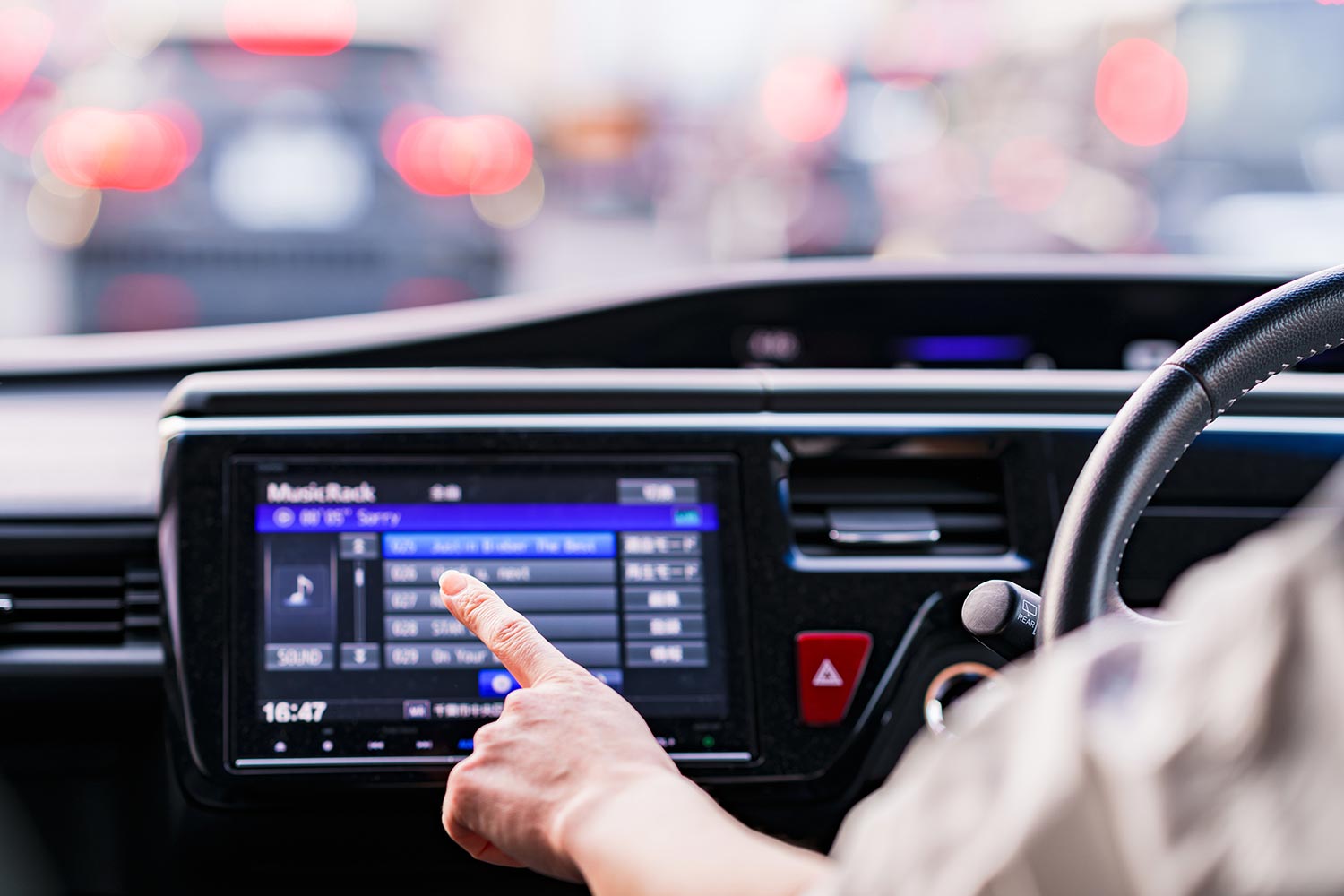
What will cause car stereo speakers to stop working?
The stereo in your vehicle will stop working for several reasons. While this list isn't all-inclusive, we've covered the most common ones. In no particular order, they are:
- Blown fuse[s]
- Loose wiring connection
- Faulty wiring
- Moisture
- Broken or damaged display
Final thoughts
Your car speakers stop working after it rains for one of several reasons. Diagnose the problem on your own or with the help of a professional as soon as possible. You should remove all moisture from the electronics as quickly as you can to avoid further damage. Drive safe!
We hope this post on car speakers answered all of your questions. For additional helpful information, we recommend reading the following automotive posts:
10 Outdoor RV Speakers That Will Make Camping Even more Fun!
